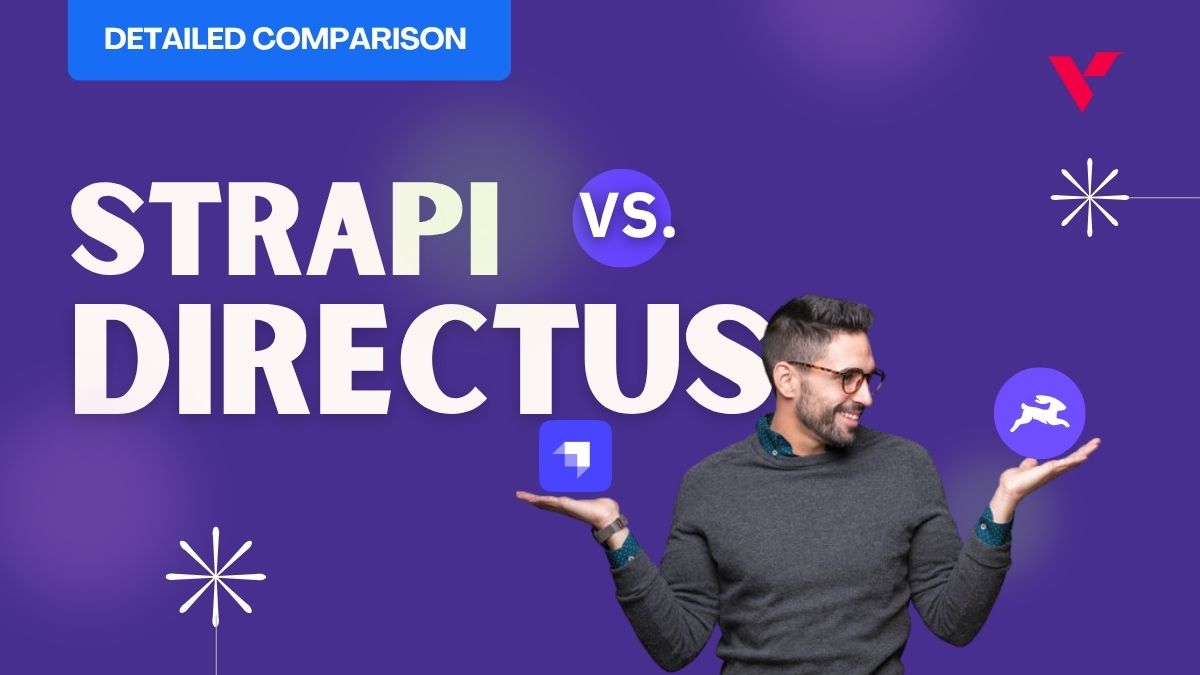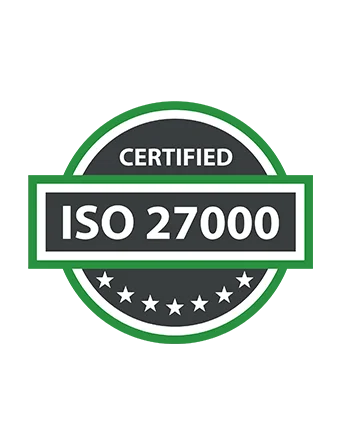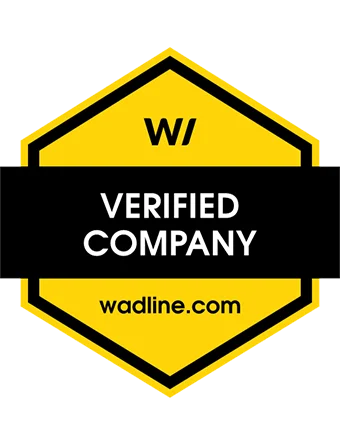In a digital landscape dominated by millions of search queries per minute, traditional SEO alone can no longer meet the scale and depth needed to compete across industries. Enter Programmatic SEO — a powerful methodology that leverages automation and structured data to generate thousands of highly targeted, search-optimized pages with minimal manual effort.
Whether you’re a startup trying to capture local search traffic, an eCommerce store looking to scale product pages, or a SaaS business expanding your keyword footprint, programmatic SEO offers a blueprint for scalable, efficient, and sustainable growth.
Table of Contents
What is Programmatic SEO?
Programmatic SEO refers to the use of automation, templates, and structured data to create web pages at scale that are optimized for search engines. Rather than manually writing and optimizing each page, this approach relies on predefined templates filled with dynamic data pulled from databases, APIs, or spreadsheets.
For instance, instead of writing 1,000 pages manually for different combinations like “Best laptops under $1000 in [city name]”, programmatic SEO allows you to build a page template and dynamically insert all city names and relevant product listings — instantly generating hundreds or thousands of useful, indexable pages.
Why Is Programmatic SEO Important?
Scalability
Creating content manually is time-consuming and expensive. With programmatic SEO, you can scale from 10 pages to 10,000 without proportionally increasing your time or budget.
Long-Tail Keyword Domination
Most organic traffic comes from long-tail search queries. These are specific, often lower competition keywords that users type when they have high intent. Programmatic SEO lets you target these at scale, often with minimal competition.
Improved Efficiency
Once the templates and systems are in place, launching new pages becomes a mostly automated process. Updates can be rolled out across thousands of pages in minutes.
Better User Experience
Consistent page structure, faster loading times, and dynamic content updates (like current prices, inventory, etc.) make the user journey smoother and more reliable.
Data-Driven SEO
Since your pages are powered by databases, they’re always current and based on real user needs, product listings, location data, or search trends. That kind of accuracy is SEO gold.
Types of Programmatic SEO
Here are some of the most popular and effective use cases:
Location-Based Pages
Perfect for travel, hospitality, real estate, or SaaS companies targeting queries like “accountants in [city]” or “hotels near [landmark]”.
Comparison Pages
Ideal for affiliate or SaaS websites offering product comparisons like “Tool A vs Tool B” or “Best software for [use case]”.
Integration Pages
Frequently used by SaaS businesses to showcase compatibility between tools, such as “CRM integration with Slack” or “Zapier + [App] setup guide”.
Template Resource Pages
For design or marketing tools offering reusable content like “Instagram post templates” or “email marketing calendar templates”.
Statistical or Aggregated Data Pages
Common among data-focused websites, these pages summarize insights like “Facebook user demographics in [year]” or “average salary for [job role]”.
Marketplace or Product Listings
E-commerce sites generate variations of “Buy [product] in [location]” or “[Brand] shoes under ₹1000” at scale.
Job, Event, or Classified Pages
Sites like job boards or classified platforms generate “Software Engineer Jobs in Bangalore” or “Used iPhones in Delhi” programmatically. With RAG Development Services, VOCSO enables businesses to feed accurate, real-time data into AI-generated content, improving topical depth, reducing hallucinations, and making every page more relevant for search queries.
Who Should Use Programmatic SEO?
Marketplaces and Aggregators: Product listings, city – based services, real estate sites, job boards etc.
eCommerce Brands: Category pages, filter combinations, brand-specific pages etc.
SaaS Platforms: Integration-specific pages, tutorials, use case variants etc.
Content Publishers: City guides, top 10 lists, local directories etc.
Startups: Build traction with low-competition, high-intent long-tail traffic etc.
Key Components of Programmatic SEO
To launch a successful programmatic SEO campaign, you need the following building blocks:
Structured Data Source
This could be a spreadsheet, internal database, third-party API, or content scraped with permission. For scalable and accurate data extraction, many teams rely on data scraping development services to automate content acquisition across the web.
Keyword Research & Mapping
Map your data fields to long-tail keywords. Tools like Ahrefs, SEMrush, and Google Keyword Planner can help uncover thousands of opportunities based on search volume, CPC, and competition.
Template Design
Templates should include:
- SEO-friendly URLs
- Dynamic meta titles and descriptions
- H1 and subheadings with variables
- Content sections that allow for unique, meaningful data
- Schema markup where necessary
Automation Pipeline
You’ll need a system to pull data and render pages — this could be:
- A headless CMS like Strapi or Directus
- Static site generators like NextJS or Hugo
- No-code tools like Webflow with Airtable integrations
- Custom scripts in Python or NodeJS
Internal Linking Structure
Link pages contextually to each other using a hub-and-spoke or silo model. Internal linking improves crawlability, distributes authority, and enhances UX.
Crawling & Indexing Strategy
Large-scale page deployment needs careful control over indexing. Use XML sitemaps, robots.txt, canonical tags, and indexing limits (noindex, follow) to avoid flooding search engines with thin or duplicate pages.
Examples of Programmatic SEO in Action
Here’s how some top companies are using programmatic SEO effectively:
Travel Sites (like TripAdvisor): Auto-generated pages for every city, attraction, and review category.
Product Review Platforms: “Best [product] under $[price] in [location]” type content.
SaaS Platforms (like Zapier): Pages for every possible app integration.
Template Platforms (like Canva): Thousands of landing pages for every type of template — “resume templates,” “Instagram story templates,” and more.
Currency or Finance Tools (like Wise): Pages for each currency pair, updated dynamically with real-time data.
Colleges Information Portal (like Colleges18): Programmatically generated pages for over 12,000 colleges, creating a comprehensive college discovery platform.
Financial Data Sites (like Investor.in): Pages for various investment options, updated with real-time market data and analysis.
Best Practices for Programmatic SEO
Focus on Value, Not Volume
Just because you can create 100,000 pages does not mean you should go for it. Google prioritizes helpful content. Each page should offer real utility to the user — not just variations of the same thin content.
Personalize with Dynamic Data
Use variables like city, product type, features, prices, customer reviews, and more to keep content fresh and unique. You can further enhance content quality and variation with generative AI development, which helps scale meta descriptions, FAQs, and dynamic intros.
Ensure Clean URL Structures
Avoid messy or overly long URLs. Use readable, keyword-rich slugs like /best-laptops-under-1000-in-new-delhi instead of /page.php?id=3423.
Test Before You Scale
Launch a subset of pages, track performance, and make improvements before going full scale. Measure impressions, bounce rate, rankings, and conversions.
Use Schema Markup
Structured data helps search engines better understand your pages and can enhance how they appear in results – like star ratings, FAQs, breadcrumbs etc.
Update Regularly
Programmatic pages should be tied to real-time data when possible. Updating content dynamically keeps it relevant and boosts freshness signals to search engines.
Programmatic SEO Case Studies
Colleges18
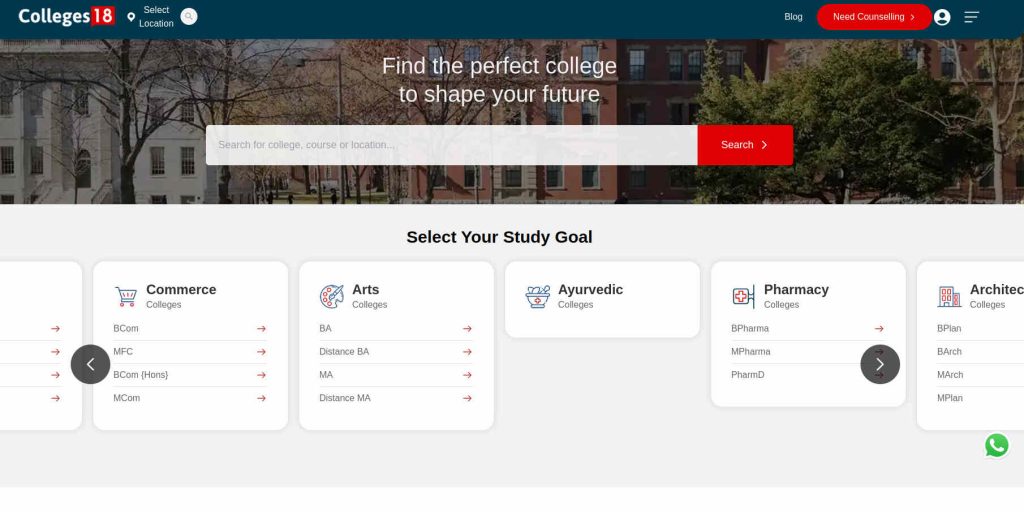
See how Colleges18 leveraged Strapi and NextJS to launch a large-scale, SEO-optimized college discovery platform. Highlights include over 12,000 colleges listed programmatically, a headless CMS architecture for flexibility, a React-powered interface for speed, and a scalable solution that handles high traffic volumes with ease.
Schools18
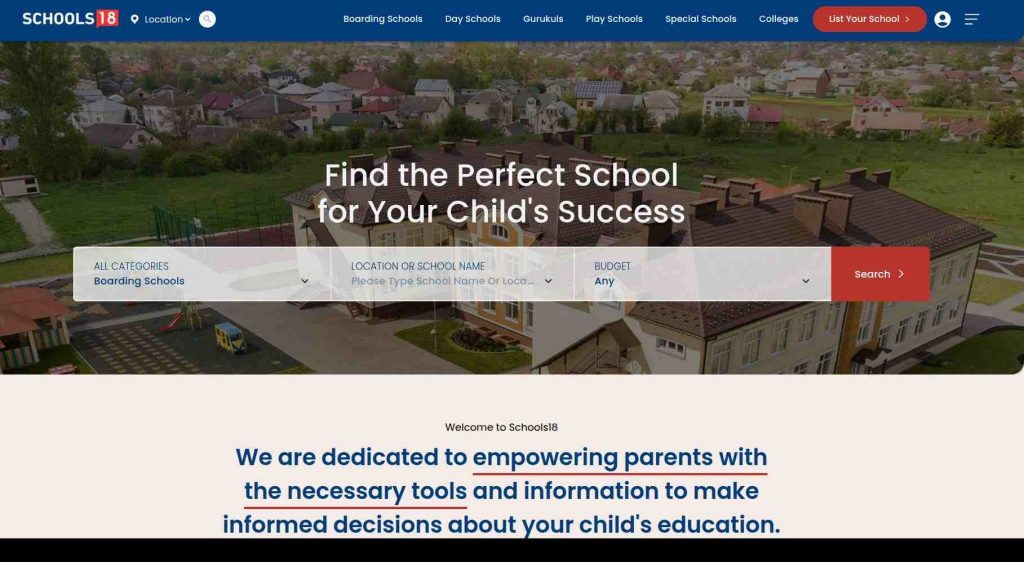
Learn how Schools18 implemented Directus and NextJS to build a high-performance school search platform at scale. Highlights include over 20,000 schools indexed through dynamic page generation, loading times under 3 seconds, structured data integration for SEO, and optimizations that drive high user engagement and lead generation.
Common Mistakes to Avoid – Programmatic SEO
Duplicate Content: Failing to properly inject unique data leads to boilerplate pages.
Keyword Cannibalization: Overlapping intent among pages can create confusion for search engines.
Ignoring UX: Pages must load fast, look clean, and provide real value — not just exist for bots.
Indexing Everything: Not all programmatic pages should be indexed. Use noindex where necessary.
Thin Pages: Pages with only a sentence or two of text and no visual elements will likely be ignored or penalized.
Programmatic SEO Procedure Checklist
Keyword Strategy
- Identify core long-tail keyword patterns
- Use tools like Ahrefs or SEMrush for keyword opportunities
- Map keywords to data dimensions (e.g., [product] in [location])
Data Collection
- Prepare a structured dataset (CSV, Airtable, MySQL, etc.)
- Ensure high-quality, clean, complete data (no missing fields)
- Add fields like title, description, price, location, reviews, etc.
Template Design
- Create dynamic HTML templates
- Use placeholders: {{location}}, {{product}}, {{price}}, etc.
- Design for SEO (titles, H1s, meta tags) and UX (CTAs, layout)
Page Generation & Automation
- Choose a tool: Webflow + Airtable / NextJS + Headless CMS / Python scripts
- Generate pages dynamically using scripts or APIs
- Set clean URL structures (/best-{{product}}-in-{{city}})
Internal Linking
- Add breadcrumbs and related content links
- Create location or product hubs to organize content
- Use XML sitemaps for crawlers
Indexing & Quality Control
- Use robots.txt to block low-value pages
- Set noindex for duplicates or thin content
- Apply canonical tags to avoid cannibalization
Monitoring & Optimization
- Track rankings and impressions in Google Search Console
- Use heatmaps (Hotjar/Clarity) to assess user behavior
- Update pages regularly with fresh data or content
Templating Engines & Frameworks for Programmatic SEO
NextJS (with React)
- Language: JavaScript/TypeScript
- Best For: Dynamic page generation with React, server-side rendering, and SEO in mind
- Supports: Incremental static regeneration (ISR), API integrations
- Ideal For: Mid to large-scale projects, SaaS websites, and teams already using React
Hugo
- Language: Go (for setup, but no Go coding required)
- Best For: Static site generation at blazing speed
- Strengths: Extremely fast page generation, ideal for large sites (10k+ pages)
- Ideal For: Devs who prefer markdown + templating with scalability
Eleventy (11ty)
- Language: JavaScript
- Best For: Simplicity and static sites
- Strengths: Highly configurable, great for structured content and minimal overhead
Liquid (used in Shopify and Jekyll)
- Language: Ruby / Markdown / HTML
- Best For: Blog-style content or ecommerce platforms
- Ideal For: Shopify custom themes or content-driven programmatic SEO (like product filters)
HandlebarsJS
- Language: JavaScript
- Best For: Front-end templates with logic control
- Use Case: You want something simpler than React, but with flexibility
Content Management + Automation Tools
Webflow + Airtable (No-code)
- Ideal for marketers and content managers
- Fast to launch programmatic content without dev resources
Strapi / Contentful + NextJS
- Headless CMS + SSG combo
- Great for large teams with structured content
Directus + NextJS / Hugo / Eleventy
- Visual database studio + API-first CMS
- Perfect for managing structured content with a user-friendly admin interface and auto-generated REST/GraphQL APIs.
- Ideal for dev teams needing full control over data modeling, scalability, and real-time API integration for programmatic SEO pages.
Programmatic SEO vs Traditional SEO
| Traditional SEO | Programmatic SEO | |
| Speed & Scalability | Manual, slow, good for 10s–100s of pages | Automated, ideal for 1000s to millions of pages |
| Content Creation | Handwritten articles or landing pages | Template-based with dynamic content inserted at scale |
| Keyword Strategy | Targeting broad and mid-tail keywords manually | Focused on long-tail patterns using datasets |
| Control over Quality | High editorial control per page | High volume; requires template tuning and QA workflows |
| Tools Used | CMS platforms, SEO plugins | Databases, automation tools, static site generators |
| Technical SEO | Managed individually: schema, links, URLs | Automated via template logic and metadata rules |
| Time to Market | Weeks to months for large batches | Days to weeks once templates and data are in place |
| Cost Per Page | Higher due to content, design, manual SEO | Low marginal cost after initial setup |
Implementation of Programmatic SEO
Identify Scalable Keyword Patterns
Begin by researching repeatable keyword formats like “[product] in [location]” or “[tool] vs [tool]”. These patterns reveal search demand that can be fulfilled with templated pages.
Design Dynamic Page Templates
Build reusable templates for your landing pages. These should contain placeholders for key on-page elements such as:
- Page title
- Meta description
- H1 and subheadings
- Content blocks
- Internal links
- Schema markup
Prepare a Structured Data Source
Use a spreadsheet, database, API, or internal dataset that includes all necessary variables like product names, cities, features, or other dynamic attributes.
Automate Page Creation
Depending on your tech stack, use static site generators (e.g., Jinja2, Hugo), web frameworks (e.g., NextJS, Django), or low/no-code tools (e.g., Webflow, Airtable) to render pages automatically.
On-Page SEO Optimization
Ensure each page includes:
- Custom meta tags
- Clean, crawlable URLs
- Optimized headers (H1, H2s)
- Internal linking based on taxonomy or relationships
- Schema markup for structured data
Control Indexing
Use a staging environment for QA. Apply noindex to test batches or thin pages. Submit segmented sitemaps gradually to manage crawling and ensure quality.
Monitor Performance
Track impressions, clicks, CTR, and indexing status in Google Search Console. Use analytics tools to evaluate bounce rates, time on page, and conversions. Iterate on content quality and UX as needed.
Scale Cautiously
Roll out pages in phases. Start with 500–1000, review quality signals, then scale up. This prevents issues like crawl overload or site penalties.
Technical Implementation: Automation and Templates
Automation Script (Python + Jinja2)
from jinja2 import Template
import csv
template_str = """
<html>
<head>
<title>Best {{ product }} in {{ city }} - Buy Online</title>
<meta name="description" content="Find top {{ product }} in {{ city }} at affordable prices. Compare features and reviews.">
</head>
<body>
<h1>Top Rated {{ product }} in {{ city }}</h1>
<p>Looking for the best {{ product }} in {{ city }}? Check out our list of top options with prices starting at {{ price }}.</p>
</body>
</html>
"""
with open('data.csv', newline='') as csvfile:
reader = csv.DictReader(csvfile)
for row in reader:
template = Template(template_str)
output = template.render(product=row['product'], city=row['city'], price=row['price'])
with open(f"{row['city']}-{row['product']}.html", "w") as file:
file.write(output)Note: Use this with a simple data.csv having columns: product, city, price.
Content Template for Dynamic Pages
# Best {{product}} in {{city}}
Looking for the best **{{product}}** in **{{city}}**? We've curated a list of top options, handpicked based on customer reviews, pricing, features, and availability in your area.
## Top {{product}} Options in {{city}}
- **Product Name 1** – Key features, starting at {{price1}}
- **Product Name 2** – Key features, starting at {{price2}}
## Why Choose {{product}} in {{city}}?
- Locally available
- Best value for money
- Verified customer reviews
- Trusted brandsConclusion
Programmatic SEO isn’t just a tactic — it’s a strategy for scaling your organic presence in a sustainable, data-driven way. It’s not about flooding the web with pages but about serving the right content to the right audience, at the right time, in the right format.
When done well, programmatic SEO can unlock new levels of visibility, traffic, and conversion — giving you an edge in even the most competitive verticals. So, if you’ve got structured data and a plan, it’s time to automate intelligently and rank purposefully.








